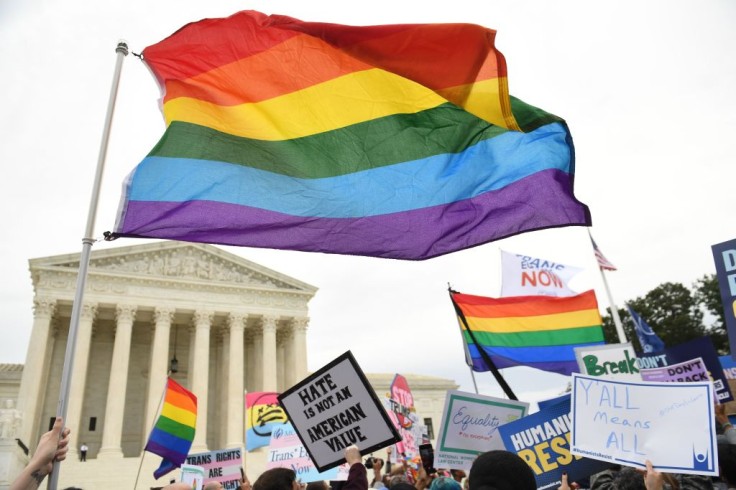
Louisiana's legislature deployed its Republican supermajority to override Governor John Bel Edwards' veto and pass a contentious ban on gender-affirming care for most minors.
The ban, which will take effect on January 1, 2024, has sparked fierce criticism from LGBTQ advocates and medical professionals, who argue that it harms a vulnerable population of children while infringing upon their rights.
Louisiana Legislature Overrides Governor's Veto
According to Axios, the Louisiana state House and Senate recently voted 76-23 and 28-11, respectively, employing their two-thirds majority in each chamber to overpower Governor John Bel Edwards' veto of House Bill 648.
The legislation now imposes restrictions on gender-affirming care for individuals under the age of 18, prohibiting them from accessing gender-affirming surgeries, puberty blocking medications, and hormone treatments.
Governor Edwards, who expressed his concerns regarding the legislation in a statement last month, had expected the courts to overturn the bill.
Describing it as "a bill that needlessly harms a very small population of vulnerable children, their families, and their health care professionals," he firmly opposed the ban.
Nonetheless, the Republican-led legislature pushed forward with their decision, claiming to prioritize the long-term outcomes of the treatments over immediate concerns.
Impact on LGBTQ Community and Medical Professionals
Gender-affirming care is a broad spectrum of evidence-based treatments and support aimed at assisting transgender and nonbinary individuals in living authentically.
The types of care offered vary based on the individual's age and specific needs and are endorsed as the standard of care by various mainstream medical associations.
Despite the diversity of treatments, some children and parents opt for reversible puberty suppression therapy, which might include hormone therapy leading to gender-affirming physical changes.
The ban, however, specifically targets gender-affirming surgeries, a procedure that is rarely performed on minors, and not commonly offered to them by health care providers.
According to NOLA, a report from the state Department of Health, from 2017 to 2021, no gender-affirming surgeries were conducted on Louisiana minors enrolled in Medicaid.
During the same period, only a small number of minors, ranging from 21 to 57 each year, received chemical treatment.
Ban on Gender-Affirming Care Sparks Controversy
According to CNN, Proponents of the legislation argue that they are concerned about the long-term effects of gender-affirming care on minors.
They believe that the ban will protect vulnerable children from undergoing potentially irreversible procedures that they might later regret.
However, major medical associations, including the American Psychiatric Association, assert that gender-affirming care is a clinically appropriate approach for children and adults experiencing gender dysphoria, a condition where an individual's gender identity does not align with their sex assigned at birth.
The controversial ban on gender-affirming care for minors in Louisiana has triggered passionate debates across the nation.
While Republicans utilized their supermajority to override Governor Edwards' veto and push the legislation through, LGBTQ advocates and medical professionals continue to express deep concerns about its impact on vulnerable transgender and nonbinary children.
As the law's effective date approaches, the battle over its constitutionality and implications for the rights of minors remains at the forefront of public discourse.